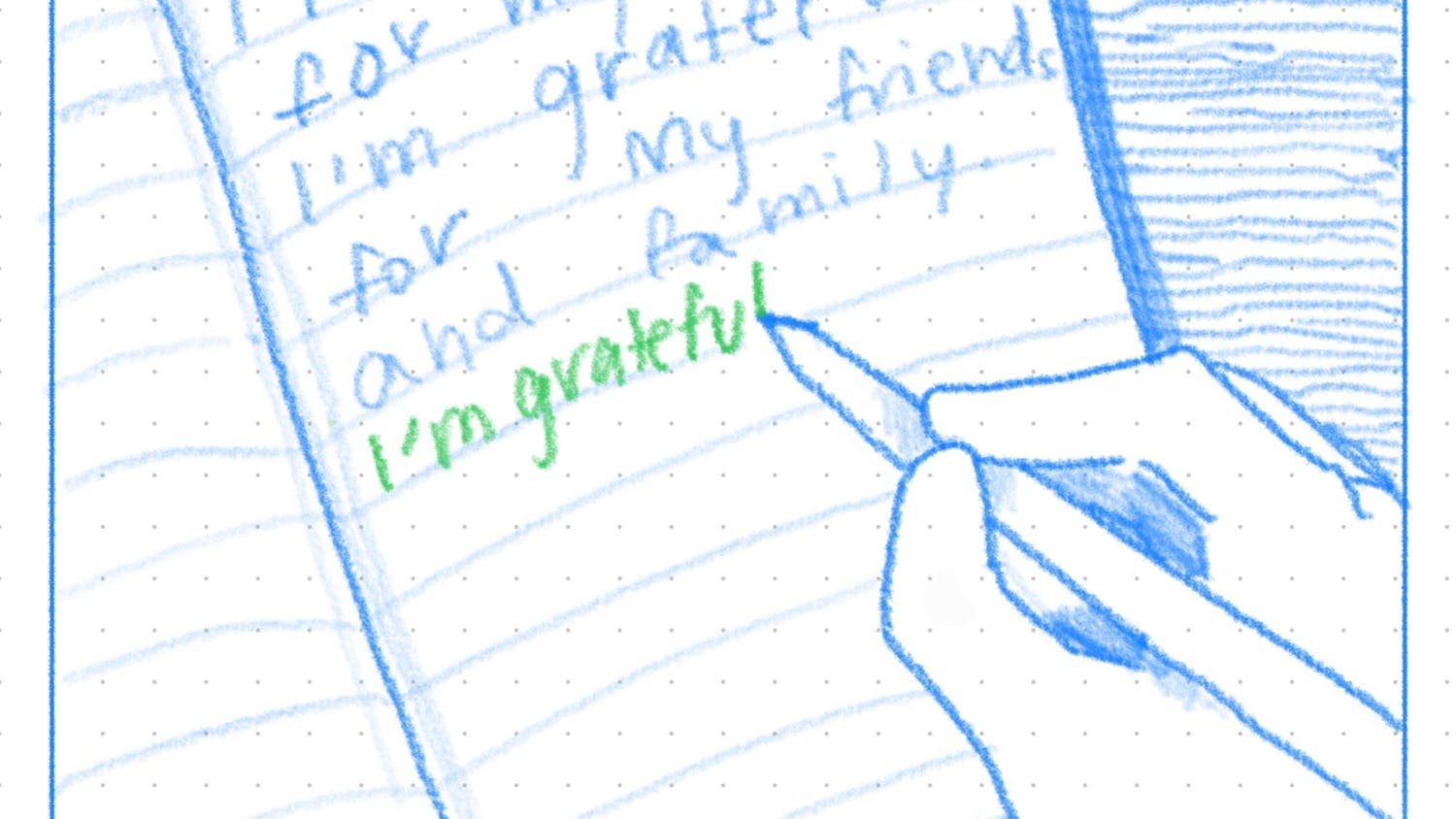For many adults, the end of the pandemic will be marked by apparent normalcy. Control over the novel coronavirus (whether in the form of a vaccine, herd immunity, or comprehensive contact tracing) promises the cessation of mass death, yes, but also the return of familiar routines. There is comfort in this certainty. One need only weather this period of social distancing before life as they knew it (largely) resumes, albeit with more surgical masks.
For us graduating seniors, however, this crisis presents a more confounding set of circumstances. We occupy a narrow sliver of life which demands change, when we must begin to transition away from a life of schooling to a life of labor. By the time much of society returns to “normal,” some members of the Class of 2020 will be well into their careers; others will have begun, and perhaps completed, graduate programs. Our lives will look vastly different from our last moment of normalcy, when we were six weeks into the final semester of college.
Graduating amid a pandemic is a profoundly confusing experience. For many, the significance of this personal milestone has been subsumed by the gravity of the present situation. Seniors’ realization of finality, typically compressed into the days of senior week or the hours of a commencement ceremony, has been instead diffused across the months since the University suspended in-person classes. College graduation is surely hard to process even in normal times. The assumption of responsibility for the course of one’s life is invigorating and terrifying. But the Class of 2020 (and maybe 2021, even 2022, etc.) faces uncommon challenges. We have come of the age at which one is endowed with complete agency over their life during a time in which everyone seems to have lost that agency.
It is difficult to accept that the transition into adulthood is even occurring. The rituals which mark it — Baccalaureate and Commencement ceremonies, Campus Dance, Senior Week — are gone. Post-graduation plans such as leasing an apartment or moving to the location of one’s job, fellowship or graduate school have been postponed. With little to indicate the passage of time, I have struggled to process the fact that I am graduating. I read articles about the difficulties of reopening colleges for the Fall semester with an interest that must derive from a subconscious feeling that these stories somehow affect me. Surely other seniors share this sense of confusion. The recent scenes from College Hill illustrate this, as many of my classmates attempt to recreate a college experience which in reality was snuffed out months ago. Indeed, one finds comfort amid the uncertainty of a pandemic by imagining that a return to normal is around the corner. It is perhaps impossible to process a major life transition during such a crisis.
Such a poorly-timed disruption also leads to many anxieties. While other adults seem to await a return to established routines, college graduates must try to chart out an unsettled future. The “stay-at-home” order inadvertently deprives graduates of the chance to move out of their childhood homes, an essential step in the transition to adulthood. Many have had internships or fellowships canceled, while others have had start dates delayed by months. And the overwhelming uncertainty induces a sort of nihilism about one’s future, as any plans seem destined to become canceled, and are therefore not worth making. With my erstwhile plans no longer of any use, I have felt stagnant during a time in which dynamic change is supposed to occur. One is privileged to even have these worries, of course, the preoccupations of someone whose health and economic well-being has been spared. Even for fortunate graduates, this period has become one of heightened anxiety.
Perhaps us soon-to-be alumni will accept that we must look beyond familiar comforts during this time and embrace this transition’s lack of traditional festivities. (It is not necessarily a punishment to avoid an hours-long commencement ceremony). There remains a fundamental question: How do we replace the lost significance of this period? In his 1947 novel The Plague, Albert Camus offers a suggestion. “It may seem a ridiculous idea,” writes the French Algerian, “but the only way to fight the plague is with decency.” We may lament our lack of an official graduation and grow nervous about an increasingly uncertain transition to adult life. However, service to others may present a salve to these immediate worries. And when things finally return to “normal,” we will be able to look back on our senior spring and graduating summer as a meaningful time, not a lost and anxiety-stricken period.

ADVERTISEMENT




